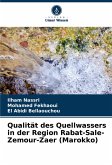
Broschiertes Buch
19. November 2024
Verlag Unser Wissen
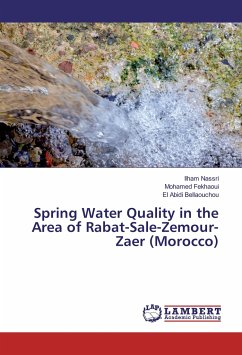
24,99 €
Versandfertig in 6-10 Tagen
Broschiertes Buch
18. Februar 2016
LAP Lambert Academic Publishing
24,99 €
Versandfertig in 6-10 Tagen
Broschiertes Buch
19. November 2024
Edições Nosso Conhecimento
24,99 €
Versandfertig in 6-10 Tagen
Broschiertes Buch
19. November 2024
Editions Notre Savoir
24,99 €
Versandfertig in 6-10 Tagen
Broschiertes Buch
19. November 2024
Edizioni Sapienza
24,99 €
Versandfertig in 1-2 Wochen
Broschiertes Buch
19. November 2024
Ediciones Nuestro Conocimiento
Ähnliche Artikel

24,99 €
Versandfertig in 6-10 Tagen
Broschiertes Buch
19. November 2024
Sciencia Scripts
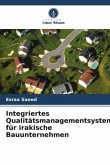
Broschiertes Buch
10. Dezember 2022
Verlag Unser Wissen
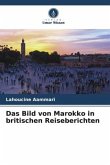
Broschiertes Buch
6. Dezember 2023
Verlag Unser Wissen
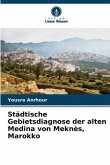
Broschiertes Buch
14. Juli 2023
Verlag Unser Wissen
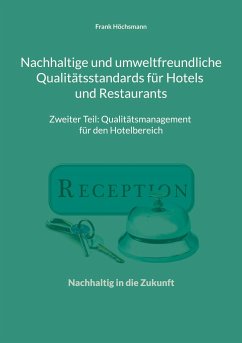
Broschiertes Buch
Zweiter Teil: Qualitätsmanagement für den Hotelbereich
11. November 2021
Books on Demand
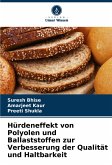
Broschiertes Buch
29. Dezember 2024
Verlag Unser Wissen
Ähnlichkeitssuche: Fact®Finder von OMIKRON
